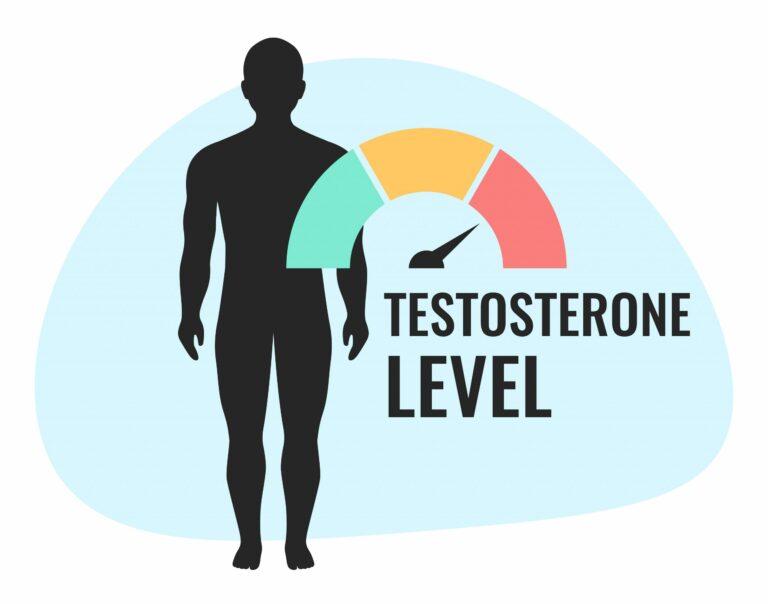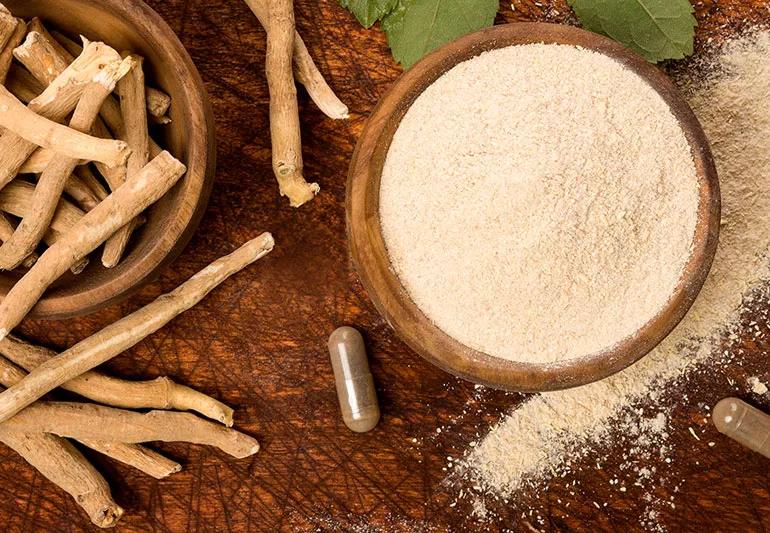Testosterone is essential for unlocking a man’s full potential, providing energy, strength, and a healthy libido. However, lower testosterone levels can lead to fatigue, a decrease in sexual desire, and a loss of muscle mass. Fortunately, nature has provided us with a solution: herbs that can potentially increase testosterone levels. These incredible natural wonders have been used for centuries to enhance male health and performance. Explore the realm of herbs for testosterone boosters, their benefits, and simple ways to incorporate them into your daily routine.
How to Safely Incorporate Herbal Supplements
When incorporating herbal supplements, follow these steps for a safe approach:
1. Consult a healthcare professional: Always consult a doctor, pharmacist, or registered dietitian before adding herbal supplements to ensure they won’t interfere with your medications, health conditions, or allergies.
2. Research and choose reputable brands: Look for well-known brands that adhere to Good Manufacturing Practices (GMPs) and undergo third-party quality testing.
3. Start with a small dose: Begin with a small dose to gauge your body’s response, and then gradually increase as needed.
4. Monitor interactions: Monitor any potential interactions with medications, other supplements, or health conditions.
5. Be aware of side effects: Research possible side effects and discuss any concerns with your healthcare professional.
6. Combine with a healthy lifestyle: Herbal supplements can complement a balanced diet, regular exercise, and stress management.
7. Regularly review and adjust: Review your supplement regimen with your healthcare professional and make adjustments as necessary.
8. Follow label instructions: Always follow recommended dosages and preparation instructions as indicated on the product label.
9. Be patient: Understand that herbal supplements may take time to show noticeable effects.
10. Report adverse effects: Inform your healthcare professional or the FDA if you experience any adverse effects from the herbal supplements.
Herbs: Testosterone Boosters for Men in India
Let’s explore the top 10 testosterone boosters for men in India:
Tribulus Terrestris
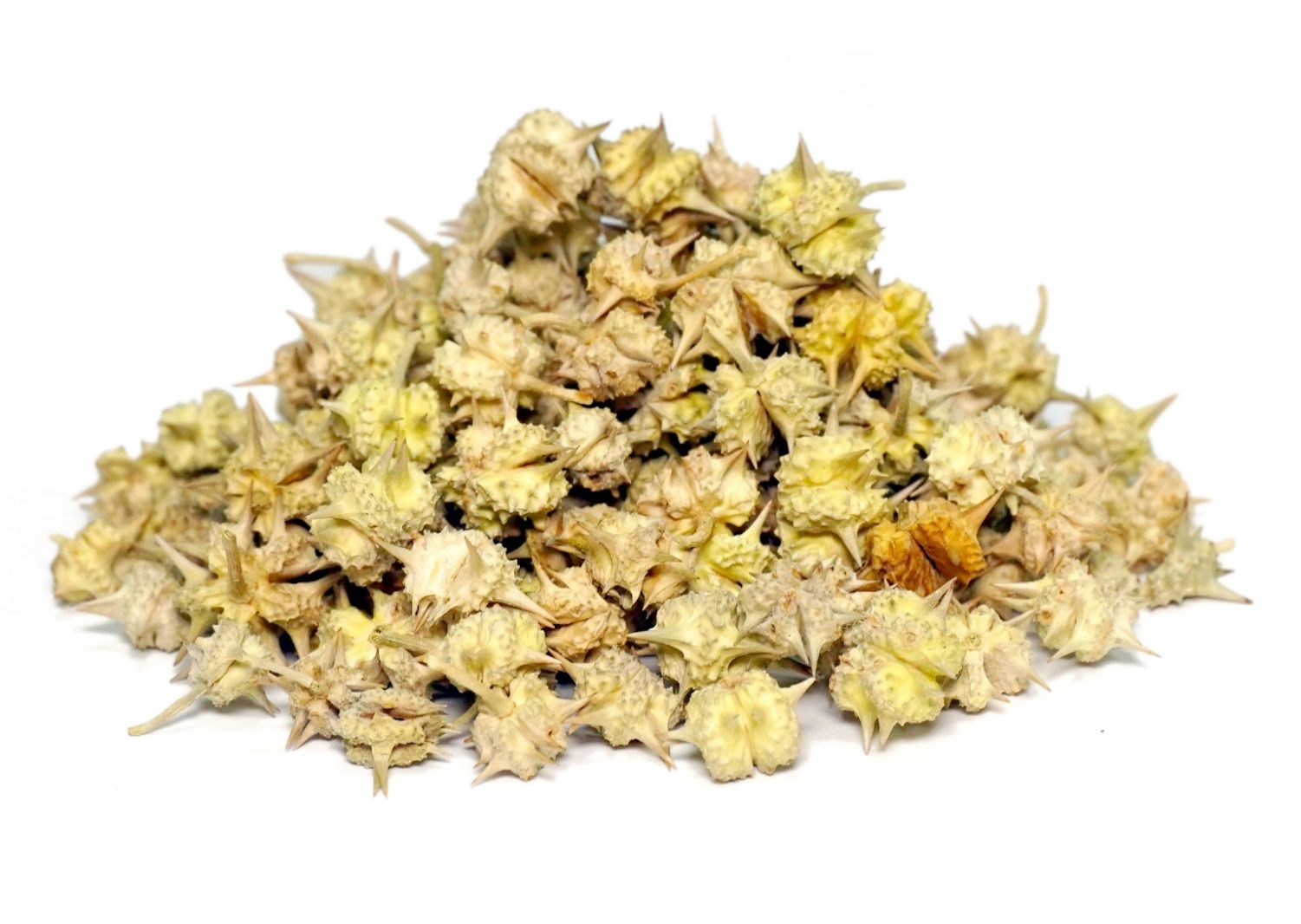
Thought to be able to raise testosterone levels is tribulus terrestris, often known as Gokshura or pierce vine. Still, there is contradicting scientific data on its consequences. Research on the possible effects of this chemical on luteinising hormone and testosterone levels in people is contradicting. Though it has no direct impact on testosterone levels, Tribulus Terrestris has been reported to increase desire in men and women. It does not, however, mainly affect exercise performance or body composition. Should you worry about Tribulus supplements, exercise precautions, and seeing a medical practitioner, Although the supplement’s effects may differ depending on the individual, it is always advisable to see a specialist.
D-Aspartic Acid (DAA)

D-aspartic acid (DAA) has been extensively researched for its ability to enhance testosterone levels. Studies on the impact of DAA on testosterone levels have produced varying findings, but it has been observed to boost testosterone production in males who are not physically active. A daily dosage of 2.6-3 grams is recommended for optimal results, particularly for young and middle-aged men. It is essential to seek guidance from a healthcare professional before supplementation.
Maca
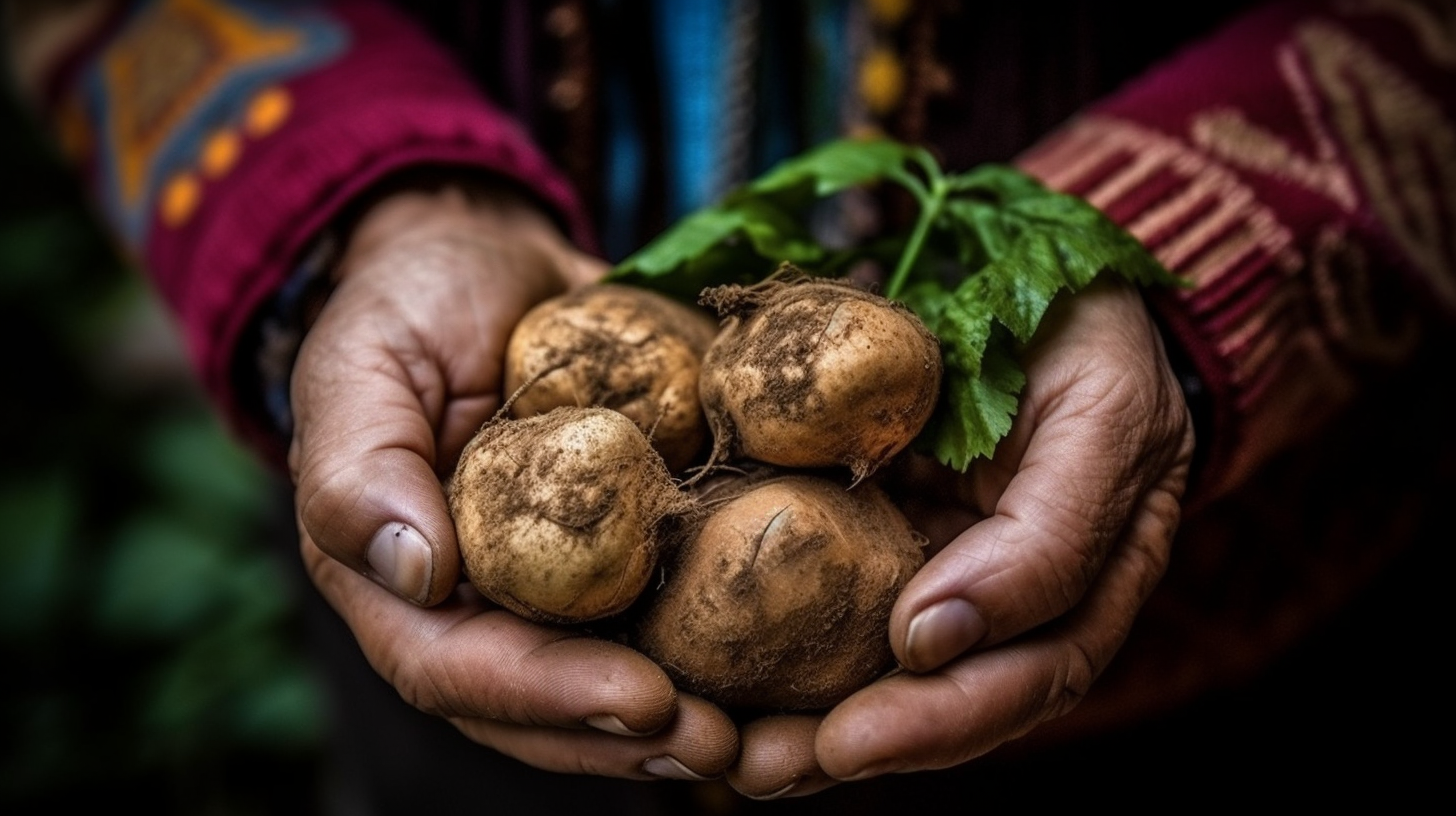
Maca, a natural substance derived from Peruvian ginseng, has been found to influence testosterone levels potentially. Nevertheless, the research regarding its impact on serum testosterone levels still needs to be more conclusive. Maca has additional positive effects, including enhancing sexual desire and male fertility by improving seminal concentration. Maca comes in different varieties, each with its unique benefits. There’s red maca, which is excellent for prostate health; black maca, which supports testosterone levels; and yellow maca, which is perfect for daily use. It is advisable to seek guidance from a healthcare professional before using maca supplementation, as individual responses may vary.
Ashwagandha
Ashwagandha, also known as Withania somnifera, has been associated with potential benefits for testosterone levels. This can assist in regulating cortisol levels, the body’s primary stress hormone, and can help prevent the inhibition of testosterone production. Ashwagandha’s antioxidant properties can help safeguard testicular cells against oxidative damage, which in turn can indirectly support testosterone levels. In addition, studies have shown that it can boost the production of luteinising hormone (LH), which is involved in testosterone synthesis. According to clinical studies, the recommended daily doses range from 300 mg to 5 g. It is important to note that individual responses may vary, so it is always recommended to consult with a healthcare professional before considering ashwagandha supplementation.
Fenugreek
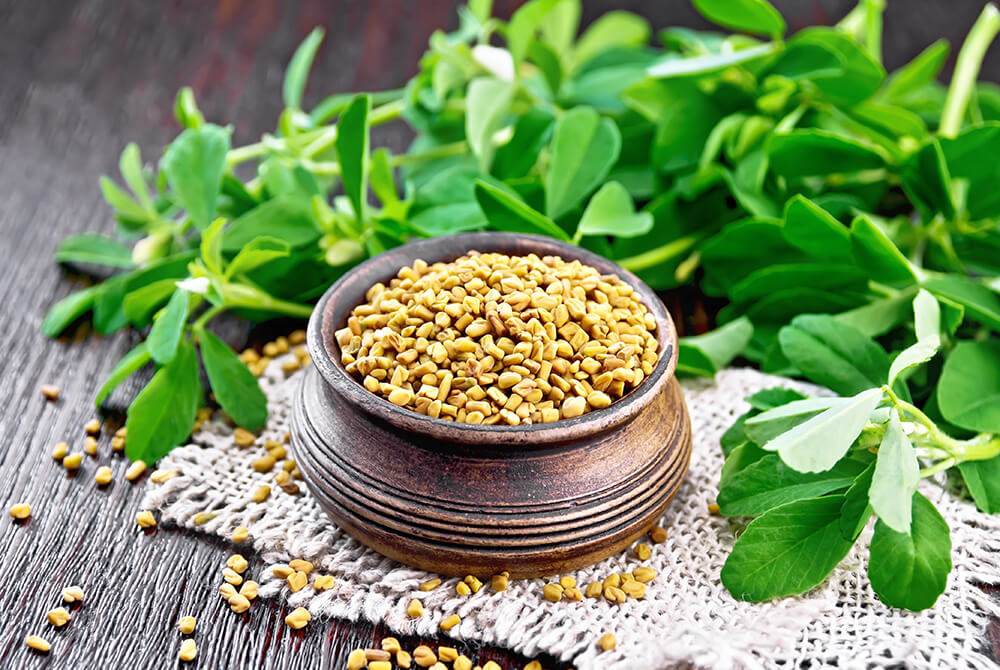
Fenugreek, a plant renowned for its furostanolic saponins, has been associated with enhancing testosterone levels. Research indicates that incorporating fenugreek into one’s diet may have a positive impact on testosterone levels and address related issues such as low libido. 500 mg of fenugreek extract or 2 to 5 grams of whole seeds is advised for optimal results. Fenugreek is also known for its anticancer properties and is commonly used in Indian cooking. It is important to note that individual reactions may vary, so it is always recommended to consult a healthcare professional before adding fenugreek to your diet.
Mucuna Pruriens
Mucuna Pruriens, also known as velvet bean, has been discovered to enhance testosterone levels due to its L-DOPA content, serving as a dopamine precursor. Dopamine plays a vital role in a range of physiological processes, including the regulation of testosterone levels. Studies conducted on animals have revealed a correlation between high doses of L-DOPA, increased release of luteinising hormone, and higher testosterone levels. Mucuna Pruriens has the added benefit of improving sperm quality and reducing cortisol levels thanks to its potent antioxidant activity. It effectively suppresses prolactin and enhances dopamine production, significantly contributing to overall well-being. It is advisable to seek guidance from a healthcare professional before considering supplementation, as individual responses may differ.
Horny Goat Weed

Initially used in traditional Chinese medicine, epimedium—also called Horny Goat Weed—is a supplement. It has an active component known as icariin. Through encouraging nitric oxide generation in the body, this flavonoid molecule is said to raise testosterone levels. Nitric oxide controls nerve impulses and blood flow and helps the luteinising hormone (LH) synthesis in the pituitary gland. LH then tells the testes to generate higher testosterone levels. Icariin also can stop PDE5, an enzyme that breaks down cGMP, increasing testosterone levels. Before considering the usage of Horny Goat Weed, kindly bear in mind that everyone’s experience may vary; therefore, it’s always a good idea to see a healthcare practitioner.
Saw Palmetto
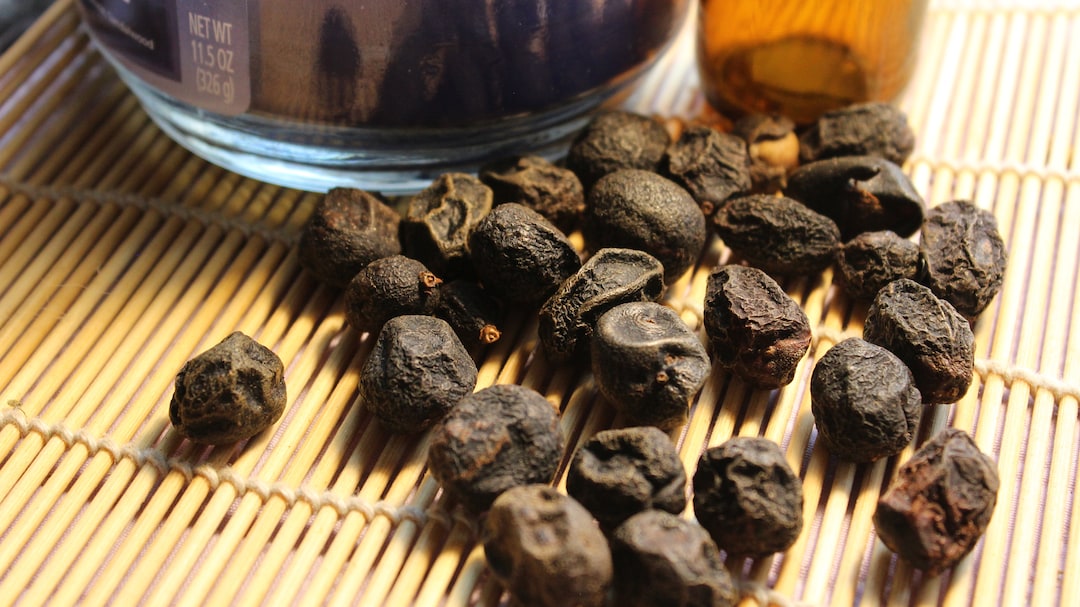
Made from the Serenoa repens plant, saw palmetto has been shown to lower 5-alpha reductase activity, boosting testosterone levels. Testosterone into dihydrotestosterone (DHT) this enzyme does. Studies have also demonstrated its effectiveness in treating benign prostatic hyperplasia (BPH), a disorder indicated by an enlarged prostate and difficulties urinating and bladder emptying. Still, more current studies need to be on how well saw palmetto controls testosterone levels. See a healthcare provider for direction before thinking about saw palmetto supplements.
Pine Bark Extract

Research on the health advantages of pine bark extract, often known as Pycnogenol, is comprehensive. Research indicates it has antioxidant qualities and might help with erectile dysfunction (ED). After eight weeks, a Japanese study found that the D-aspartic acid, L-arginine, and pine bark extract somewhat improved ED. Though the rise in testosterone levels was negligible and did not achieve statistical relevance, Although there is no specific data linking pine bark extract to testosterone, the mix of this extract with other nutrients shows prospective benefits for sexual function. Before considering these supplements, one should see a healthcare provider, as individual reactions might differ.
Ginseng

Since ginseng may raise testosterone levels, it has attracted much interest. Research on the effect of this on testosterone levels varies in contradicting nature. While some research points to a possible rise in free testosterone levels, others propose a drop in testosterone after resistance exercise. This disparity could have something to do with the state of the androgen receptor. Through increasing nitric oxide generation, ginseng may indirectly affect testosterone levels. This then facilitates increased blood flow and allows the penis’s muscles to relax. Still, the effect on testosterone levels is unknown. Before utilising ginseng supplements, one should see a healthcare practitioner as individual reactions could differ.
Conclusion
Herbs are a natural and efficient means of raising testosterone levels, therefore enhancing male performance and health. Certain plants, like Horny Goat Weed and Tribulus Terrestris, have shown promise in increasing libido, testosterone levels, and vitality. Including these testosterone enhancers in your daily regimen will help you to reach your best and take more charge of your general health and fitness. Before including new supplements in your regular regimen, you should see a healthcare practitioner for direction. These testosterone boosters should be included in a balanced and healthy lifestyle for the best effects. Start on a path towards a more lively and energetic form of yourself!

